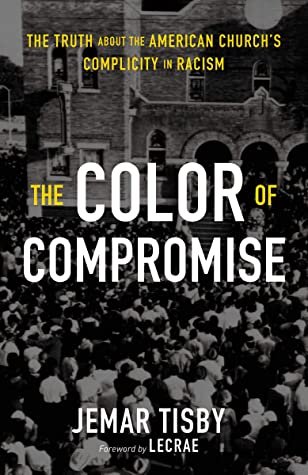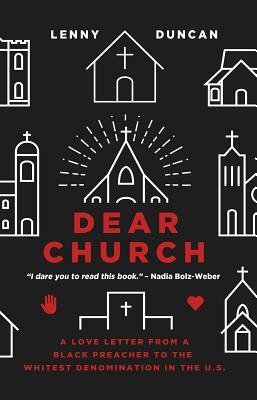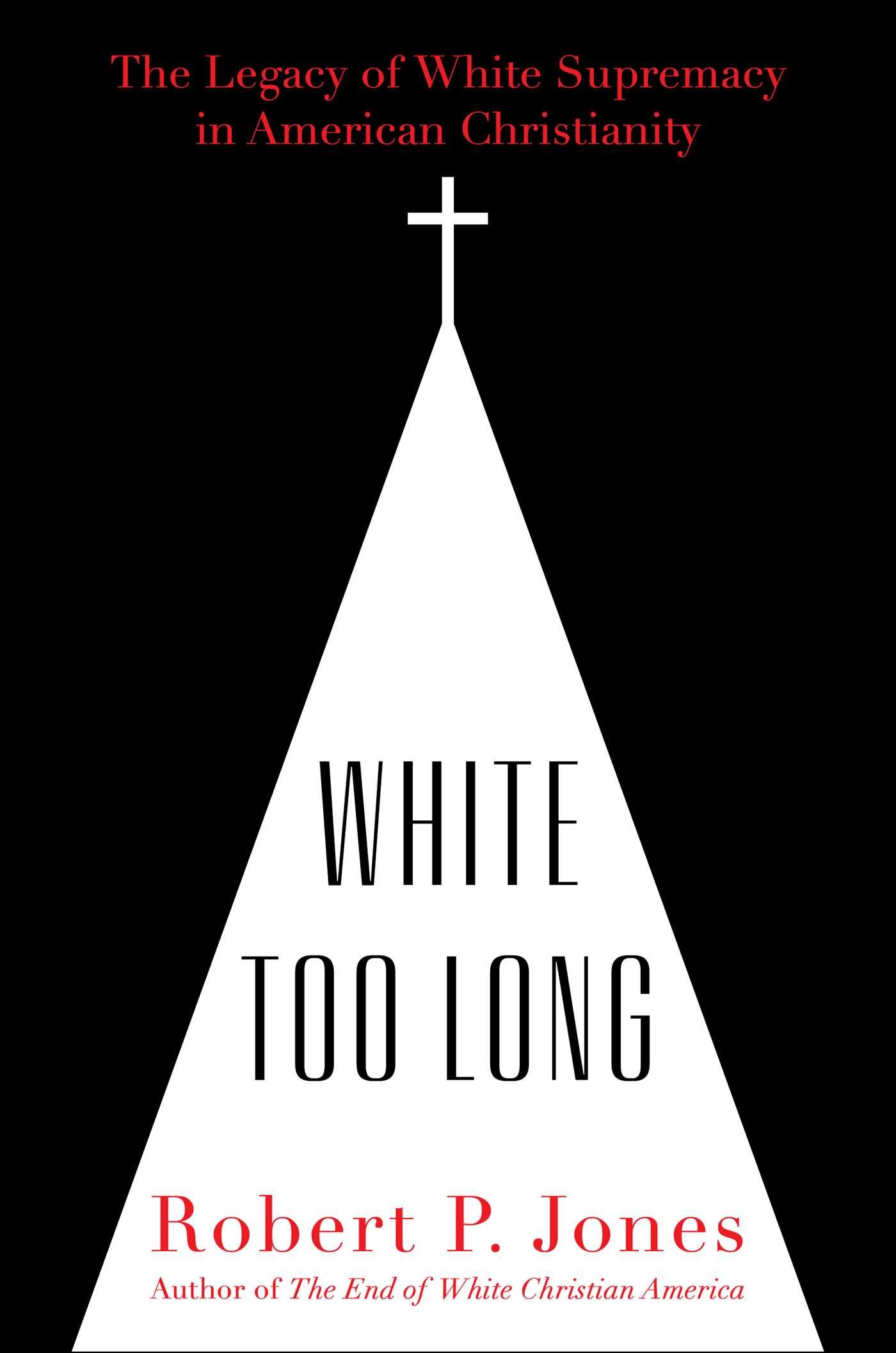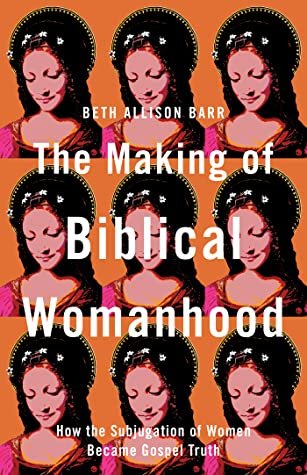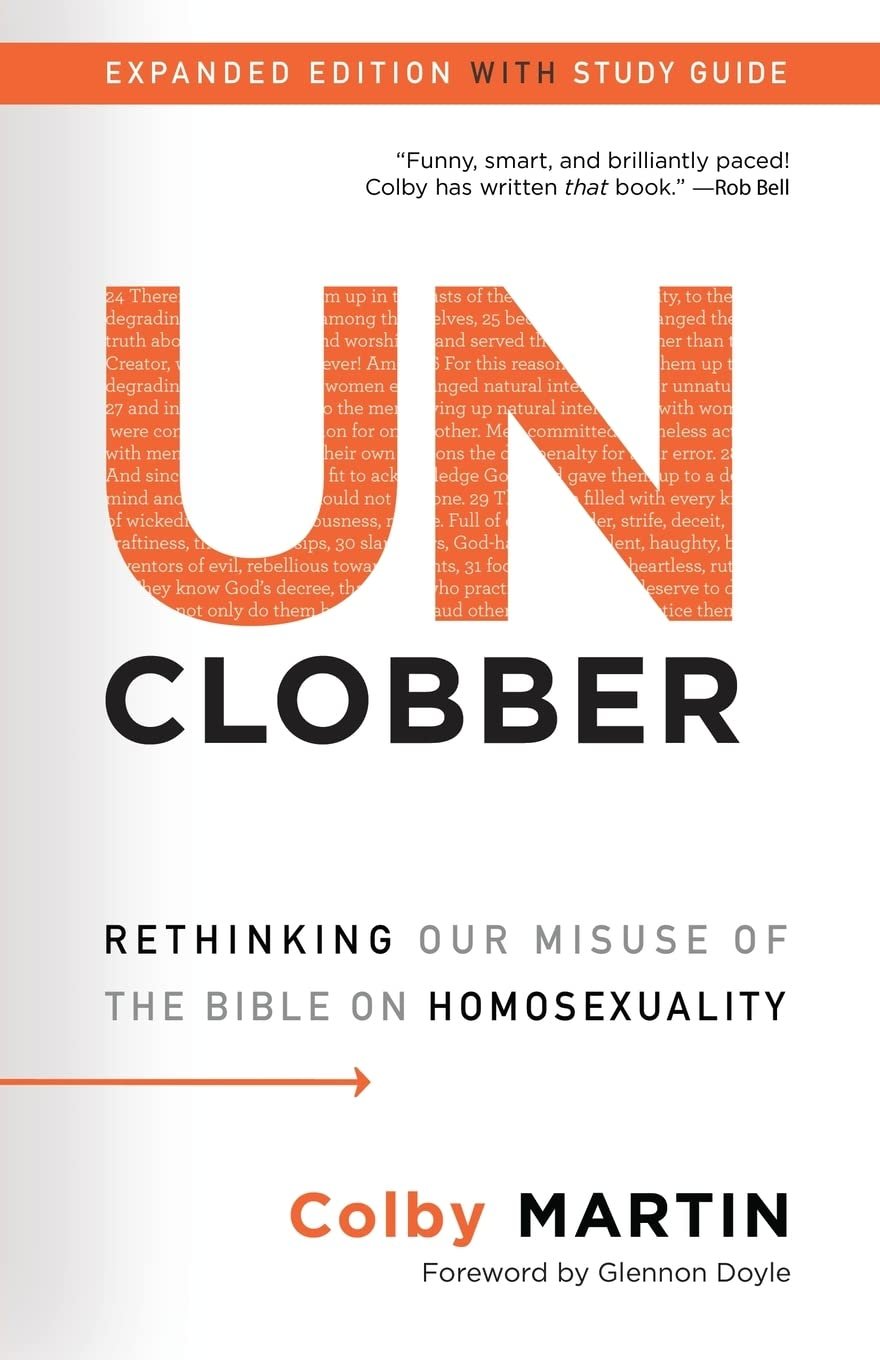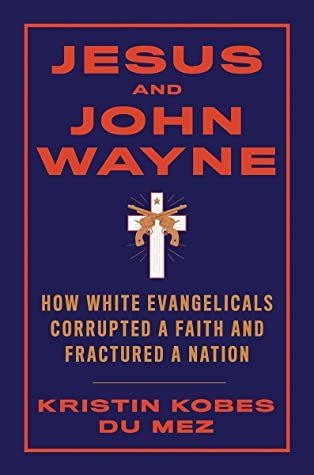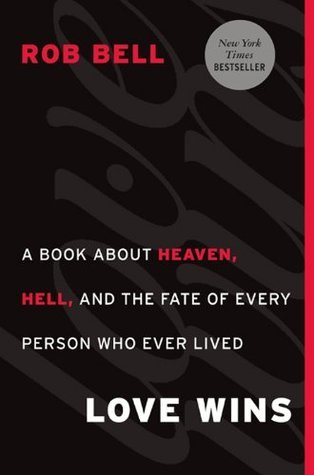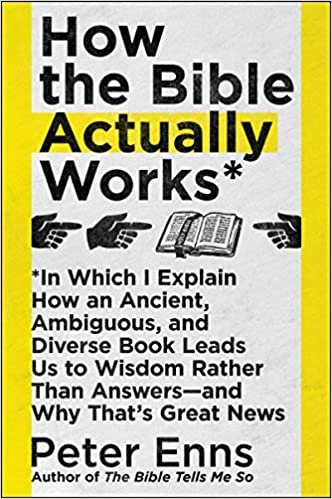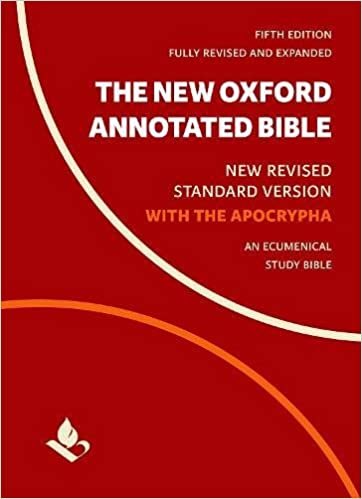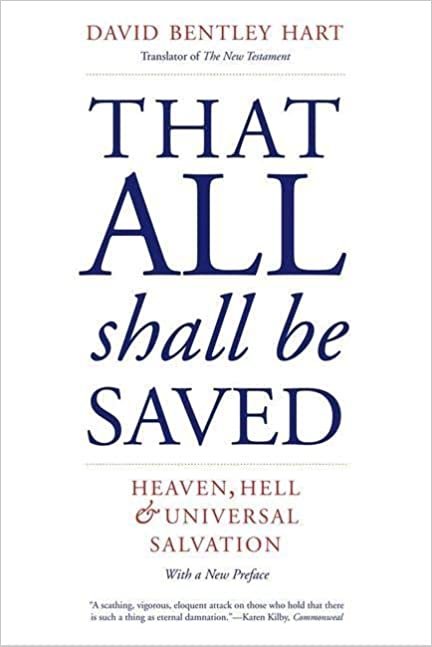Dear fellow Siblings in Christ,
Many of you may think that today with the decision by the United States Supreme Court to overturn the ruling on Roe v. Wade and send the decision of regulating abortion access back to the states is a victory worth celebrating. This cannot be further from what we as self-proclaimed Christians should be doing, and I'm saddened to see so many Christians view this as a victory for Christ and his message. Whenever the topic of abortion comes up, I'm always reminded of this quote from Pastor David Barnhart:
“The unborn" are a convenient group of people to advocate for. They never make demands of you; they are morally uncomplicated, unlike the incarcerated, addicted, or the chronically poor; they don’t resent your condescension or complain that you are not politically correct; unlike widows, they don’t ask you to question patriarchy; unlike orphans, they don’t need money, education, or childcare; unlike aliens, they don’t bring all that racial, cultural, and religious baggage that you dislike; they allow you to feel good about yourself without any work at creating or maintaining relationships; and when they are born, you can forget about them, because they cease to be unborn. You can love the unborn and advocate for them without substantially challenging your own wealth, power, or privilege, without re-imagining social structures, apologizing, or making reparations to anyone. They are, in short, the perfect people to love if you want to claim you love Jesus, but actually dislike people who breathe. Prisoners? Immigrants? The sick? The poor? Widows? Orphans? All the groups that are specifically mentioned in the Bible? They all get thrown under the bus for the unborn.
The Gospel proclaimed and put into practice by Jesus Christ, from whom comes our religion's namesake, was all about "agape" - onconditional love - for God and your neighbor as yourself. Christ demonstrated this love to the point of self-sacrifice and death on the cross so that we all are able to enjoy the gift of eternal life with him in heaven. Jesus calls us to also sacrifice ourselves such as he did - to take up our cross and follow him.
Cheering for the means to the end of abortion in this manner has nothing gospel-centered to it. It involves no self-sacrifice, and in actuality the cheering of this Supreme Court decision celebrates pushing the sacrifice onto the bodies of all women and girls in the United States for the sake of forced-birth dogma. If we are so "pro-life" as we claim, should we not advocate for legislation that supports families, regardless of their parental composition or social status, in the form of healthcare for the mother - prenatal to postpartum and beyond - and including the infancy and growing development of the child? Advocating and cheering for universal bans on abortion is cheering on a measure that lacks compassion for those who face such a horrible decision and, in all respects, is only a treatment of the symptom for the graver diseases of our society: increasing poverty, inadequate healthcare, and lack of wisdom.
We Christians put decades upon decades of effort into the outcome of today, and for what? To say to God "Look how we did good deeds in your name?" I fear the response would be to "Depart for I never knew you." If we as Christians would only put in as much effort to enact change to love our neighbor as ourselves - by establishing programs to uplift struggling families out of poverty as Jesus uplifted the stranger, enact universal healthcare to heal the less fortunate as Jesus healed the sick, and provide wisdom in the form of quality education so our fellow Siblings in Christ can make sound decisions themseslves as Jesus taught and presented wisdom to his followers - think of how many lives (born or unborn) will be saved such as to eliminate even the smallest tempting thought of having an abortion.
For my fellow Siblings in Christ cheering today I'm afraid we're cheering a hollow victory, for today we are doing more damage to our witness of Christ and his body through celebrating malicious enforcement of "God's love" onto others by exploiting governmental authority than actually practicing and demonstrating the unconditional love of our neighbor through self-sacrificial action as Jesus Christ commands us.
Please consider this, examine yourself, and do better.
Sincerely,
~Phil


